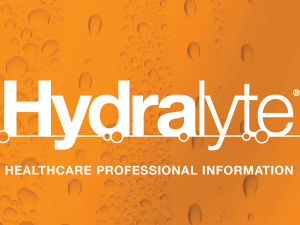Adult attention deficit hyperactivity disorder is a fairly new and exciting area of research in psychiatry. In this article, Sidhesh Phaldessai examines our increasing understanding of the symptom presentation and management of this neurodevelopmental disorder in adults
GP failed to get informed consent for a breast examination - 20HDC01892
GP failed to get informed consent for a breast examination - 20HDC01892
A report by Deputy Health and Disability Commissioner Deborah James, released 9 October, has found a locum GP at a medical centre breached the Code of Health and Disability Services Consumers’ Rights for his care of a woman, and for his inadequate responses to the complaint and unprofessional and inappropriate comments about the woman.
The woman requested an appointment as she had discovered a lump under her ribcage and was also experiencing severe anxiety. She complained that the GP performed a breast examination instead of listening to her about her symptoms of anxiety.
For failing to confirm the purpose of the woman’s appointment and not explaining the rationale and nature of the breast examination, Ms James found the GP breached Right 6(2) of the Code. This gives consumers the right to the information they need to make an informed choice or give informed consent.
Additionally, by proceeding to perform a breast examination without explaining the purpose of it, the GP breached Right 7(1) of the Code, which stipulates that services may be provided only if the consumer makes an informed choice and gives informed consent.
"This is especially important for sensitive procedures such as breast examinations," said Ms James.
"HDC has previously emphasised the need for providers to obtain explicit, unambiguous consent when intimate or sensitive areas of the body are involved. Consent must never be assumed in such circumstances and should be documented appropriately."
For failing to provide an adequate response to the woman’s complaint, and making inappropriate comments about her character, veracity and mental health, Ms James found the GP breached Right 10(3) of the Code. This requires providers to facilitate fair, simple, speedy and efficient resolution of complaints.
"The GP failed to provide an adequate response to the complaint, despite multiple opportunities and reminders from HDC," said Ms James.
"HDC investigations are impartial and fair processes. The correspondence sent to the GP were opportunities for him to clarify and resolve the issues raised by the woman and provide information to support his assertions that the care he provided to her was appropriate."
The GP will be referred to the Director of Proceedings for the purpose of deciding whether any proceedings should be taken. The GP’s medical association in his home country will be sent the report and will be notified of his name.
Ms James made several recommendations for the GP, including that he provide a formal apology to the woman, and, should he return to practice in New Zealand, undertake relevant professional training.
She recommended that Te Whatu Ora use this report as an educational tool for staff on how to deal with complaints from consumers and that the Medical Council of New Zealand conduct a review of the GP’s competence and conduct should he re-apply for a practicing certificate.
Health and disability service users can now access an online animation to help them understand their health and disability service rights under the Code.





